Property taxes and the price of rent can weigh heavily on those living on fixed incomes, especially seniors and individuals with disabilities. Pennsylvania’s Property Tax and Rent Rebate Program, a longstanding initiative, offers vital relief to these groups. In 2024 and beyond, this program has undergone its most significant expansion in decades, opening the door to increased benefits for thousands more Pennsylvanians in cities and communities across the Commonwealth.
The Background: What Is the Property Tax and Rent Rebate Program?
Pennsylvania’s Property Tax and Rent Rebate Program was established to help lower the burden of housing costs for the state’s most vulnerable populations—particularly older adults, widows and widowers, and residents with disabilities. Funded largely by the Pennsylvania Lottery, this program has historically distributed hundreds of millions of dollars in direct relief to eligible residents each year.
Traditionally, the rebate program provided relief only to those with incomes below relatively modest limits and set rebate amounts that had not seen increases in more than fifteen years. Growing advocacy, however, pushed state leaders to strengthen the program, especially in the face of rising inflation and housing challenges.
The Historic 2024 Expansion
In 2024, Pennsylvania leaders signed new legislation that dramatically expanded the Property Tax and Rent Rebate Program. This move represents the largest targeted tax relief for seniors in nearly twenty years. Here’s how the expansion has reshaped the program:
-
Maximum Standard Rebate Increased: The maximum standard rebate rose from $650 to $1,000.
-
Income Limits Raised: Income eligibility was increased for both homeowners and renters to $45,000 annually, up from prior limits of $35,000 for homeowners and $15,000 for renters.
-
Cost-of-Living Adjustments: Going forward, income limits will automatically adjust with inflation, preventing residents from being disqualified simply due to cost-of-living increases.
These pivotal changes now make the program accessible to an estimated 175,000 additional Pennsylvanians. Notably, support continues for approximately 430,000 people already receiving rebates, with many seeing larger yearly returns.
Who Qualifies for the Program?
To apply for the expanded rebate program, Pennsylvania residents must meet at least one of the following criteria:
-
Age 65 or older
-
Widow or widower aged 50 or older
-
Adult age 18 or older living with a permanent disability
Additionally, applicants must have a total annual income under $45,000 (excluding half of Social Security income) and must have paid rent or property taxes on a primary residence in Pennsylvania during the prior calendar year.
Inclusion Across the Commonwealth
Eligibility rules do not vary by location, so residents in urban centers like Philadelphia and Pittsburgh—or in smaller communities such as Erie, Allentown, Reading, Lancaster, and McKeesport—benefit equally under the new expansion.
How Much Relief Is Available?
The precise rebate amount depends on both income and, for homeowners, property tax paid. Here’s a typical breakdown for the expanded program:
| Income Tier | Homeowners Rebate | Renters Rebate |
|---|---|---|
| $0 – $8,000 | $1,000 | $650 |
| $8,001 – $15,000 | $770 | $500 |
| $15,001 – $18,000 | $460 | $300 |
| $18,001 – $45,000 | $380 | $380 |
Residents in Philadelphia, Pittsburgh, and Scranton can qualify for supplemental rebates, as can homeowners with incomes under $31,010 whose property taxes exceed 15% of their annual income. These supplemental rebates can add $190 to $500 to the standard amount, offering even greater relief in areas of the state with especially high taxes or rents.
Real-World Impact: Dollars Delivered
In the most recent cycle, more than 517,000 Pennsylvanians were approved for direct rebates that collectively exceeded $315 million. These payments go out as either direct deposits or paper checks, each making a tangible difference in the day-to-day lives of recipients.
Key Cities and Community Impact
Cities such as Philadelphia, Pittsburgh, Allentown, Erie, and Reading, where housing pressures are often the most acute, benefit significantly from the expanded rebate program. Urban and rural areas alike are seeing increased participation. In Berks County (Reading), for instance, a community with historically high eviction rates, more residents than ever are qualifying for and receiving vital assistance.
Senior centers and local Department of Revenue offices across Pennsylvania have ramped up their outreach efforts, providing one-on-one guidance for applicants in both large cities and smaller boroughs such as Hazleton, Altoona, Oil City, and Sharon Hill.
Application Deadline and How to Apply
For 2025, the filing deadline for the Property Tax and Rent Rebate Program has been extended to December 31, giving residents ample time to gather documentation and submit their applications.
Applications can be completed online using myPATH, the Department of Revenue’s secure digital platform. For those less comfortable with technology, help is available in person:
-
Local Department of Revenue district offices
-
Area Agencies on Aging
-
Senior centers
-
State legislators’ offices
Applicants should bring:
-
Proof of income (including Social Security statements)
-
Tax receipts or rent certificates
-
Identification
A Lifeline for Those Who Need It Most
The expansion of this program comes at a time when fixed incomes are increasingly squeezed by the rising cost of living. For many seniors in places like Bethlehem, Johnstown, Greensburg, and Lancaster, the difference between stability and financial hardship can be the amount of rent or property tax due each year. The expanded Property Tax and Rent Rebate program offers:
-
Improved household budgets for low-income seniors and disabled residents
-
Increased ability to afford medical care, food, and other essentials
-
More residents staying in their homes and communities
Statistics and Statewide Reach
-
In 2024, over 424,000 new and returning applications were received by the Department of Revenue, with thousands more expected before year’s end.
-
Nearly 55% of rebate recipients opted for direct deposit, making distribution faster and more efficient.
-
Since the program’s inception, Pennsylvania has distributed more than $8.2 billion in property tax and rent relief.
Every Pennsylvania county, from Allegheny (Pittsburgh) to Philadelphia and from Erie to Luzerne (Wilkes-Barre and Hazleton), now sees an increased number of participants and higher average rebate amounts, making a significant difference in local economies.
Special Provisions and Answers to Common Questions
Does Social Security Income Count?
Only half of a claimant’s Social Security income is counted toward the income cap, greatly increasing the number of seniors who can qualify.
Can Estates Apply?
Surviving spouses or the personal representatives of estates can file on behalf of claimants who passed away during the claim year, provided eligibility existed for at least one day of that year.
Supplemental Rebates
Special “kicker” rebates apply in high-tax cities—specifically Philadelphia, Scranton, and Pittsburgh—where local tax burdens are among the highest in the state. These supplemental rebates ensure seniors there are not left behind by broad statewide rules.
Looking Forward: Future Adjustments and Ongoing Support
A key innovation of the 2024 expansion is the policy tying income limits to the cost of living. This means the program will stay relevant for years to come, protecting recipients from being “phased out” of vital support by inflation.
Ongoing collaboration between relief agencies, senior centers, local governments, and state leaders continues to make the application process clearer and easier for all eligible residents.
Further, outreach efforts in diverse communities—urban, suburban, and rural—ensure that the expanded benefits reach every corner of the Commonwealth. From Harrisburg to Williamsport, Scranton to Meadville, word-of-mouth, media campaigns, and local aid services are getting the message out.
Stories from the Commonwealth
Imagine a retiree in Pittsburgh, living on a fixed income, struggling each month to cover property taxes rising with market values. Thanks to the expanded program, their annual rebate not only helps cover these bills but also provides a cushion for utilities or food.
Or consider a widow in Reading whose rent has climbed steadily over the years. With the new income cap and rebate maximum, she can now apply for relief for the first time, easing the stress on her monthly budget.
How Local Governments and Nonprofits Support Applicants
Many county offices, nonprofit organizations, and senior advocacy groups offer hands-on help to make sure every eligible Pennsylvanian can participate. In cities like Lancaster and Allentown, teams host workshops and one-on-one clinics to guide residents through the application process, answer questions about eligibility, and verify necessary documentation.
In smaller communities such as Upper Darby, Sharon Hill, and Wayne, mobile outreach teams visit local senior centers and community gathering spots, ensuring those who need the information most are not left out due to lack of transportation or access.
Conclusion: A Stronger Safety Net for Pennsylvania’s Seniors and Low-Income Residents
The expansion of Pennsylvania’s Property Tax and Rent Rebate Program is more than just a technical change to an existing policy—it is a renewed commitment to the dignity and well-being of older adults and those with disabilities across the Keystone State.
By raising income limits, increasing rebate amounts, and implementing automatic adjustments for inflation, the Commonwealth now delivers truly meaningful assistance to those who need it most. Cities and towns across Pennsylvania—from Philadelphia’s busy streets to quiet boroughs in the Poconos—are witnessing the real and positive impact of this policy.
Eligible Pennsylvanians are encouraged to check their status, reach out for help if needed, and apply before the deadline to ensure they receive the full benefit of this expanded program. With a strengthened Property Tax and Rent Rebate initiative, thousands more residents can afford to stay in the homes and neighborhoods they love, bringing greater stability and peace of mind to communities across the state.

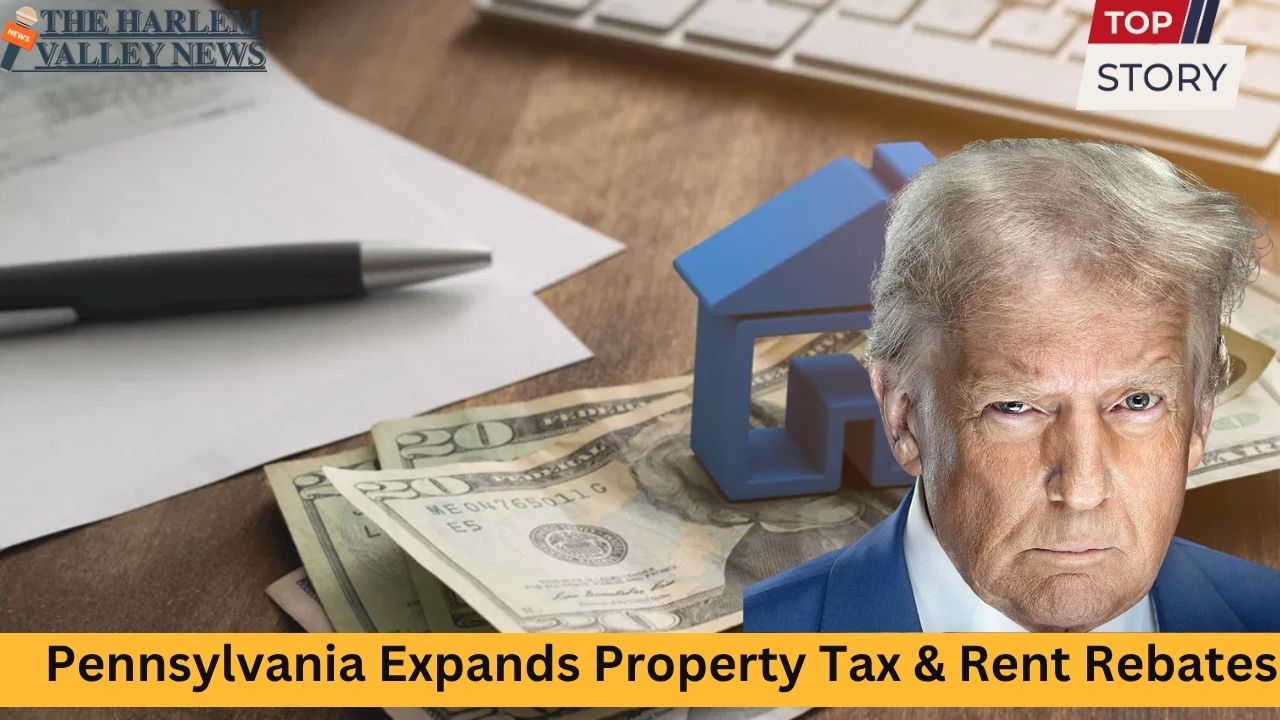

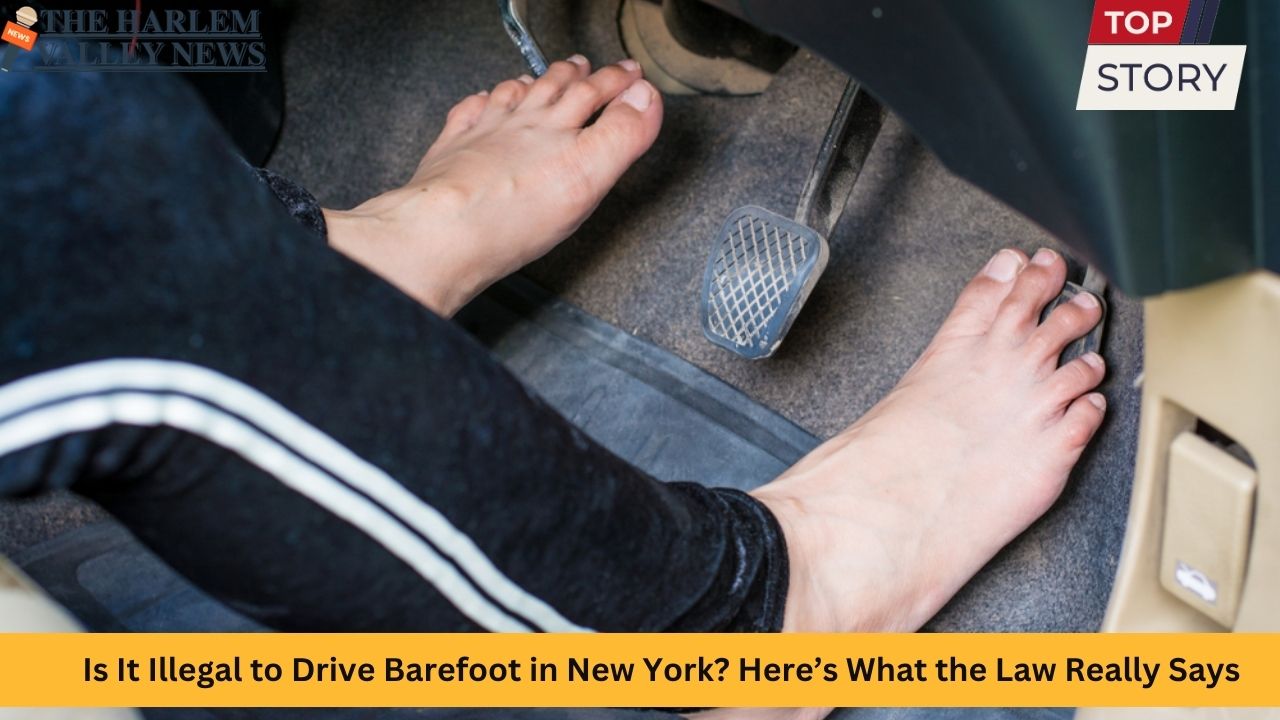

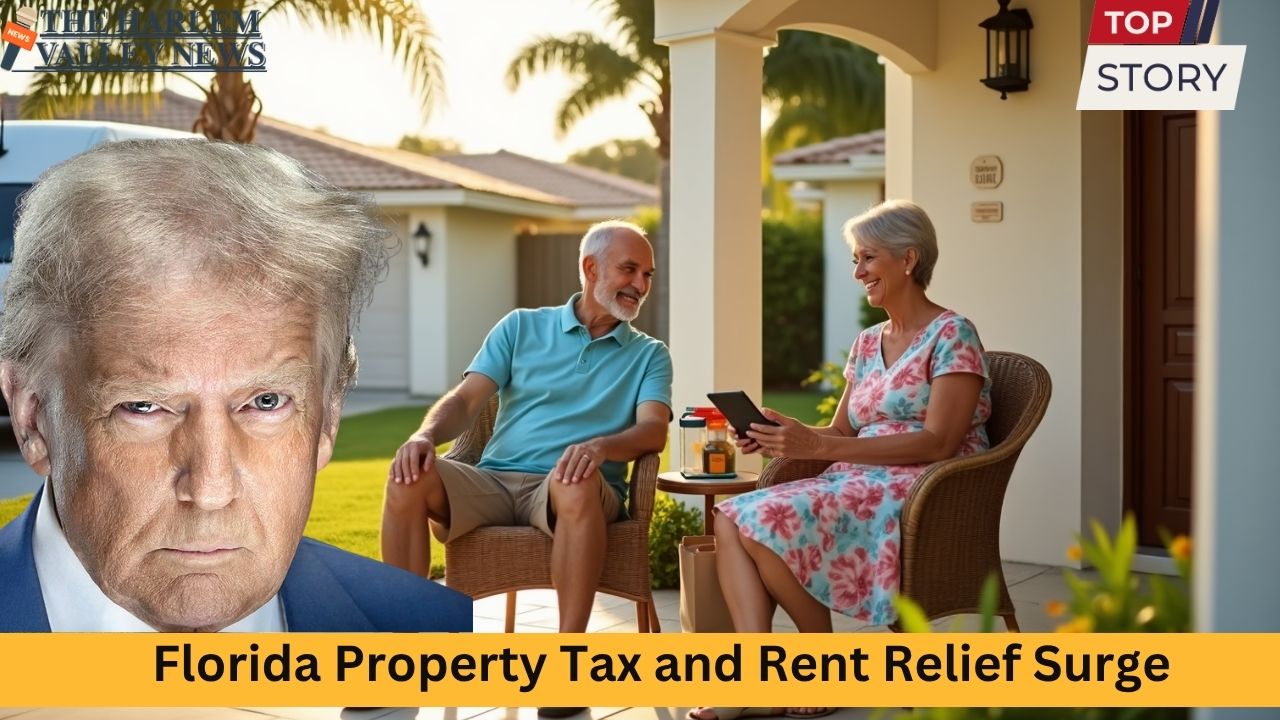

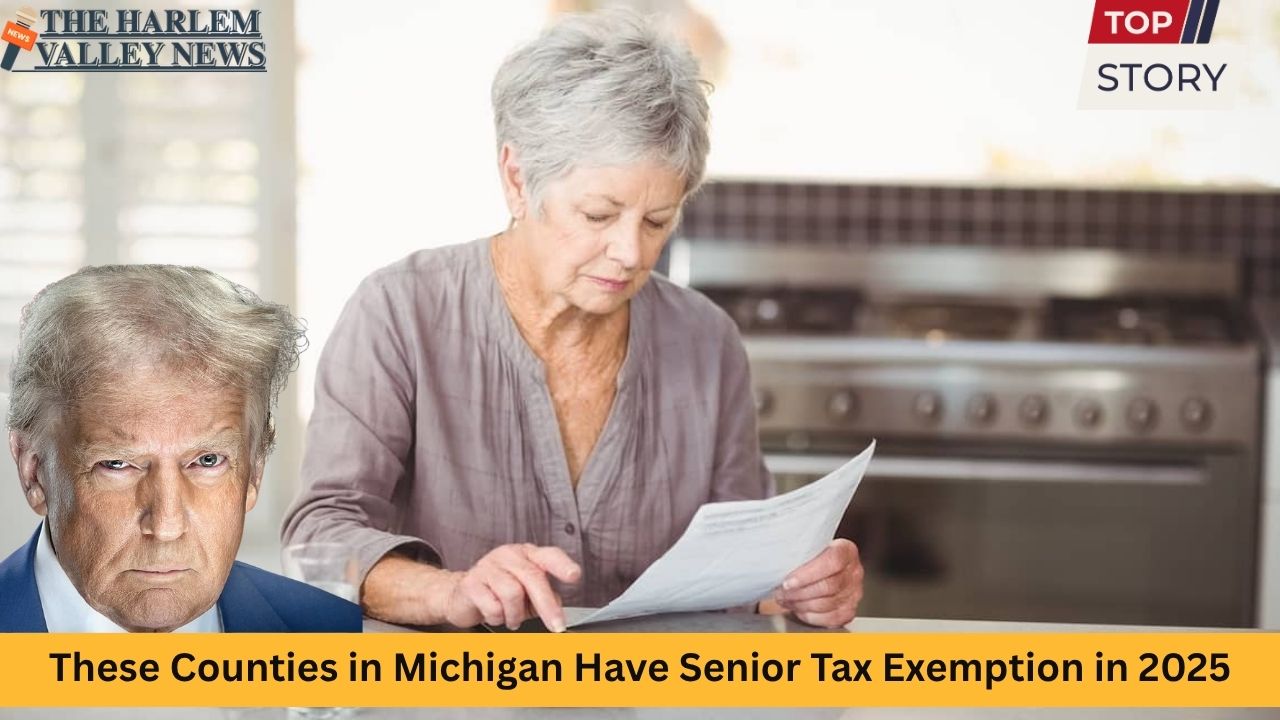
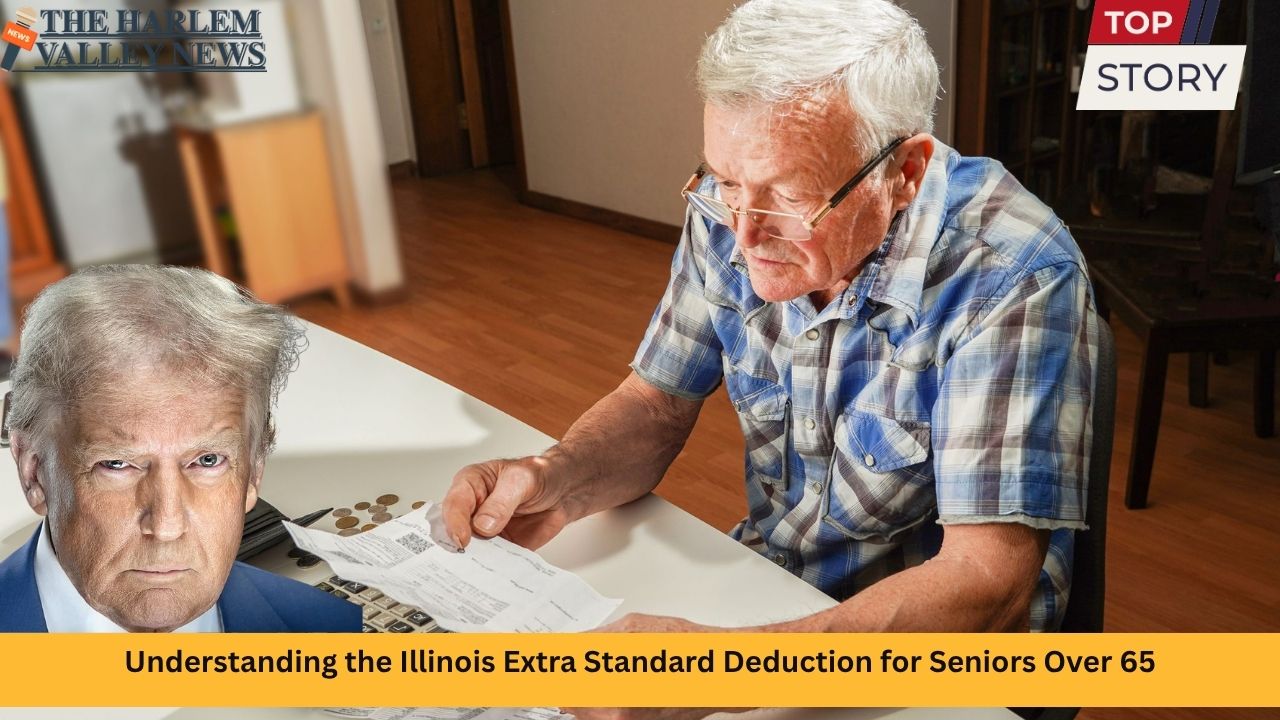


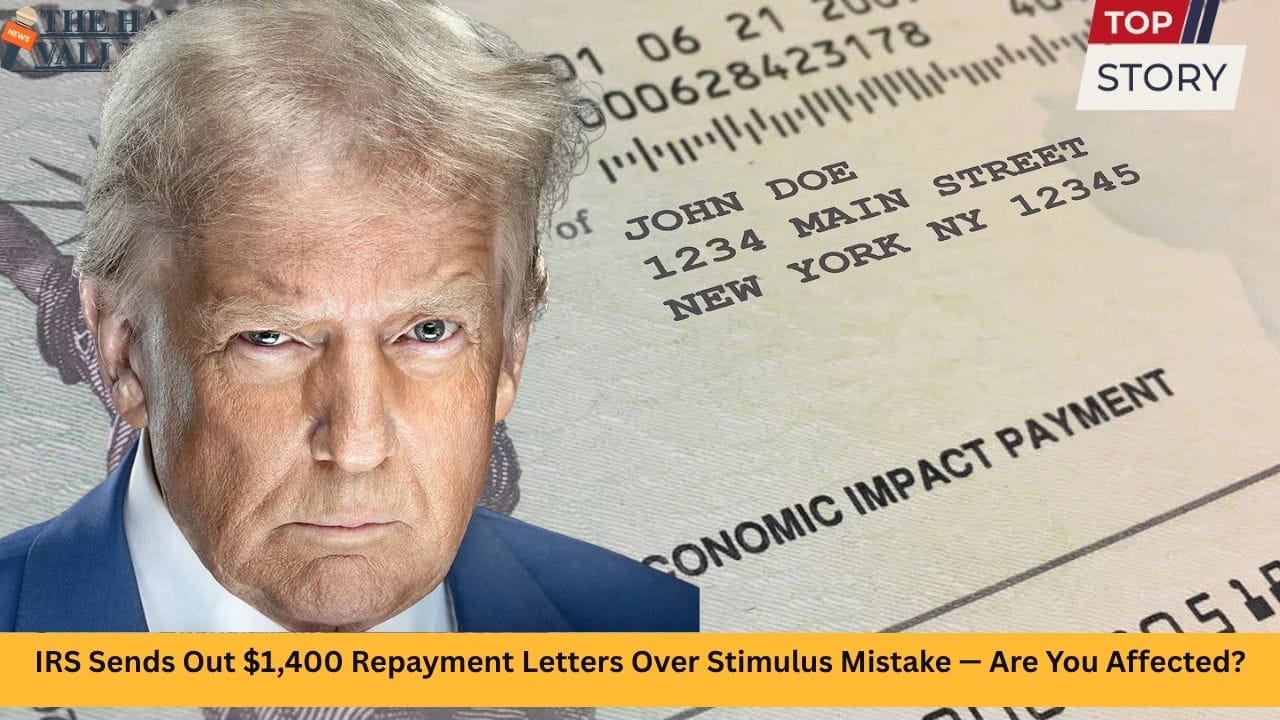




Leave a Reply